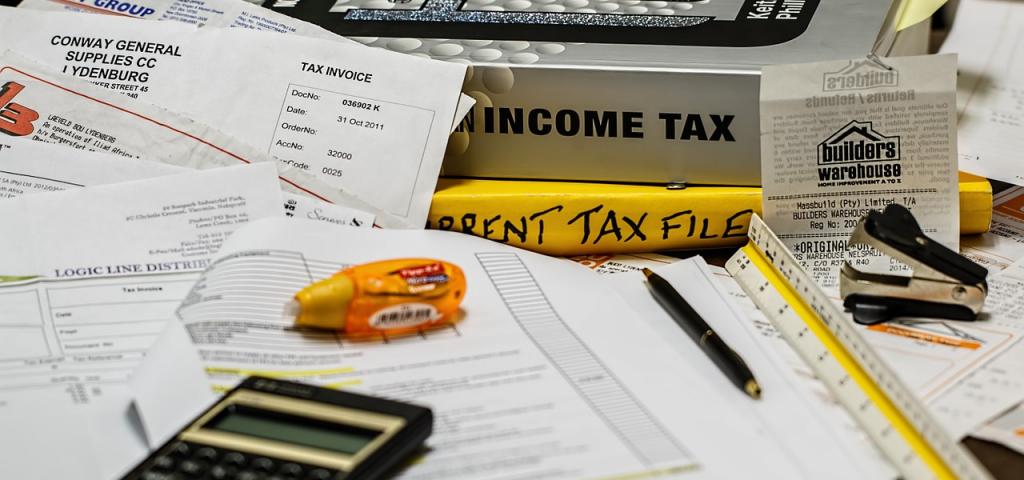If you need to fill out a self-assessment tax return, it can seem like a daunting task, and you might be tempted to put it off. But filling out your tax return doesn't need to be something to fear, and this simple guide will show you how straightforward it is to get on top of your taxes and stop worrying.
Who needs to submit a self-assessment tax return?
While most UK taxpayers do not need to fill out their own self-assessment tax return, you might be wondering if you're one of the nine million people who are required to do so. If you're self-employed, a partner in a business, or the director of a limited company, you're probably already aware that you'll need to fill one out, but there are certain other situations where you'll also need to:
- If you have an annual income of £100,000 or more, whether you're an employee or a pensioner
- If you have an investment income of £10,000 or more before tax
- If you're a 'name' at the Lloyd's of London insurance market
- If you're a religious minister
- If you're responsible for the tax affairs of someone who has died, you'll need to fill one out on their behalf. If you haven't already informed HMRC about this situation, you should do so.
- If you're in any of the categories above, make sure you register for self-assessment. You may be sent a tax return by HMRC if you had to fill one out the previous year, or in certain other circumstances. If you are sent one, you are required by law to fill it in.
Registering for self-assessment
You should register by 5th October after the end of the tax year you need to file a return for. There are different registration procedures depending on whether you're self-employed or registering for another reason. For self-employed people, registration can take up to 10 working days, as you need to wait to receive an activation code through the post from HMRC. If you're not self-employed, the registration process can take as long as 20 working days, so make sure you allow enough time to register. Registering is a straightforward process that can be done online, and you will need your National Insurance number, and your Unique Taxpayer Reference (UTR). If you aren't sure of the latter, HMRC can advise you.
Keeping records
You'll need certain documents to help you fill out your tax return, and you must keep them for at least five years if you're self-employed, or 22 months otherwise. You should retain any records of your income and expenses. If you're an employee, this might be documents such as your P45 or P60, details of tips received, or things you have had to pay for in order to work, such as tools or travel.
If you're self-employed, you need to keep records of your business income and expenses. You should retain proof, such as bank statements, sales invoices, and receipts for expenses. HMRC may ask to see these, so it's important to save them.
There are two different accounting methods you can use. With traditional accounting, you record income and expenses according to the date of the invoice or bill, regardless of when you receive or pay the money. If your small business has an income no higher than £83,000, you can use a method called cash basis reporting. This means that you record the date when you actually receive payment, or pay a bill.
How to fill out a self-assessment tax return
For paper returns, the deadline is 31st October, while if you're filling out your tax return online, it's 31st January. If you miss the deadline, you will have to pay a penalty of £100, so leave plenty of time to complete it. Once you've registered, you can use the online service to submit your tax return for free. You will need the records you have kept of your income and expenditure, and if relevant your employment details.
If you're waiting for final figures and are worried about missing the deadline, you can submit estimated figures in the meantime. Use the 'Additional Information' section to explain how you reached your estimate, and why you're unable to submit firm totals at this point.
If you don't have time to complete it all in one go, don't worry: you can save your progress and return to it later. It's better to complete it in small steps than put off doing it at all. And if in any doubt at all, it pays to enlist the services of a good Thornbury accountant or Bristol accountant.
Tax
Accountants
Self-Assessment





